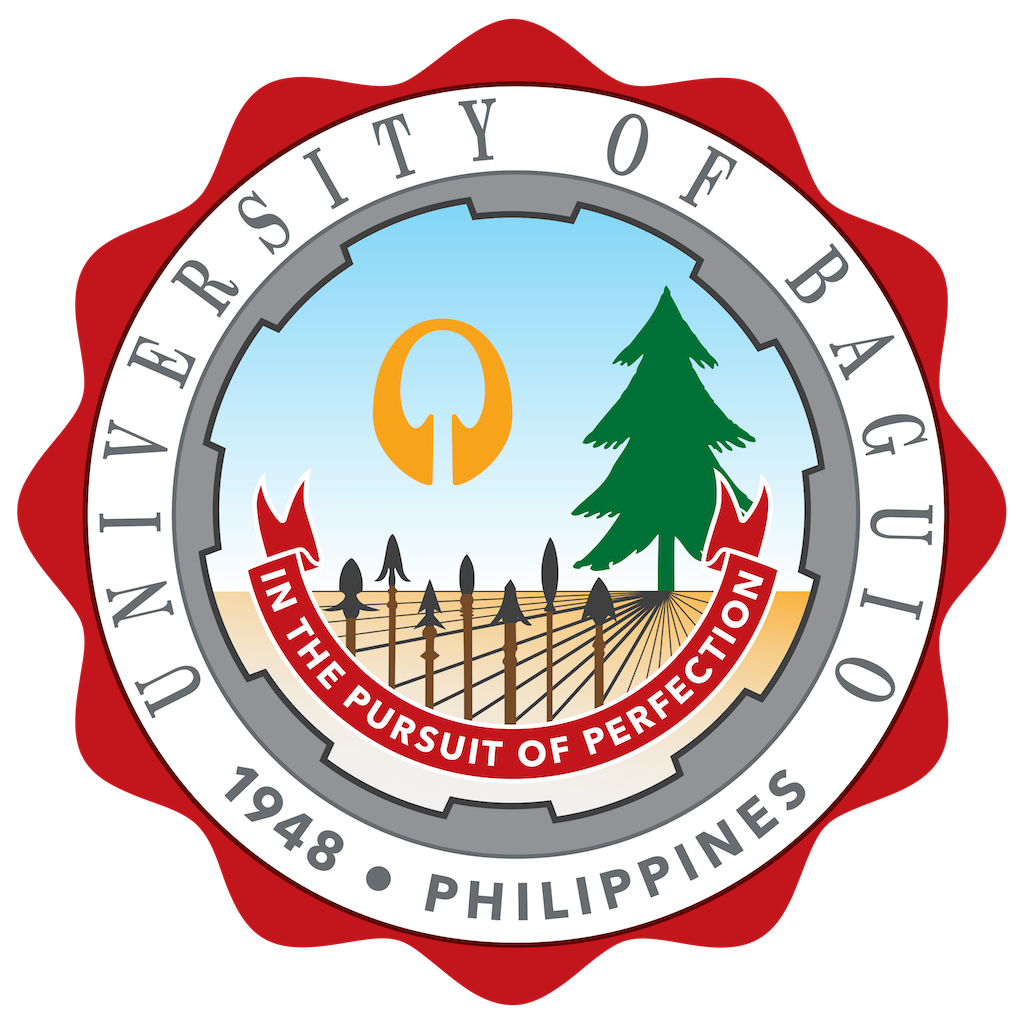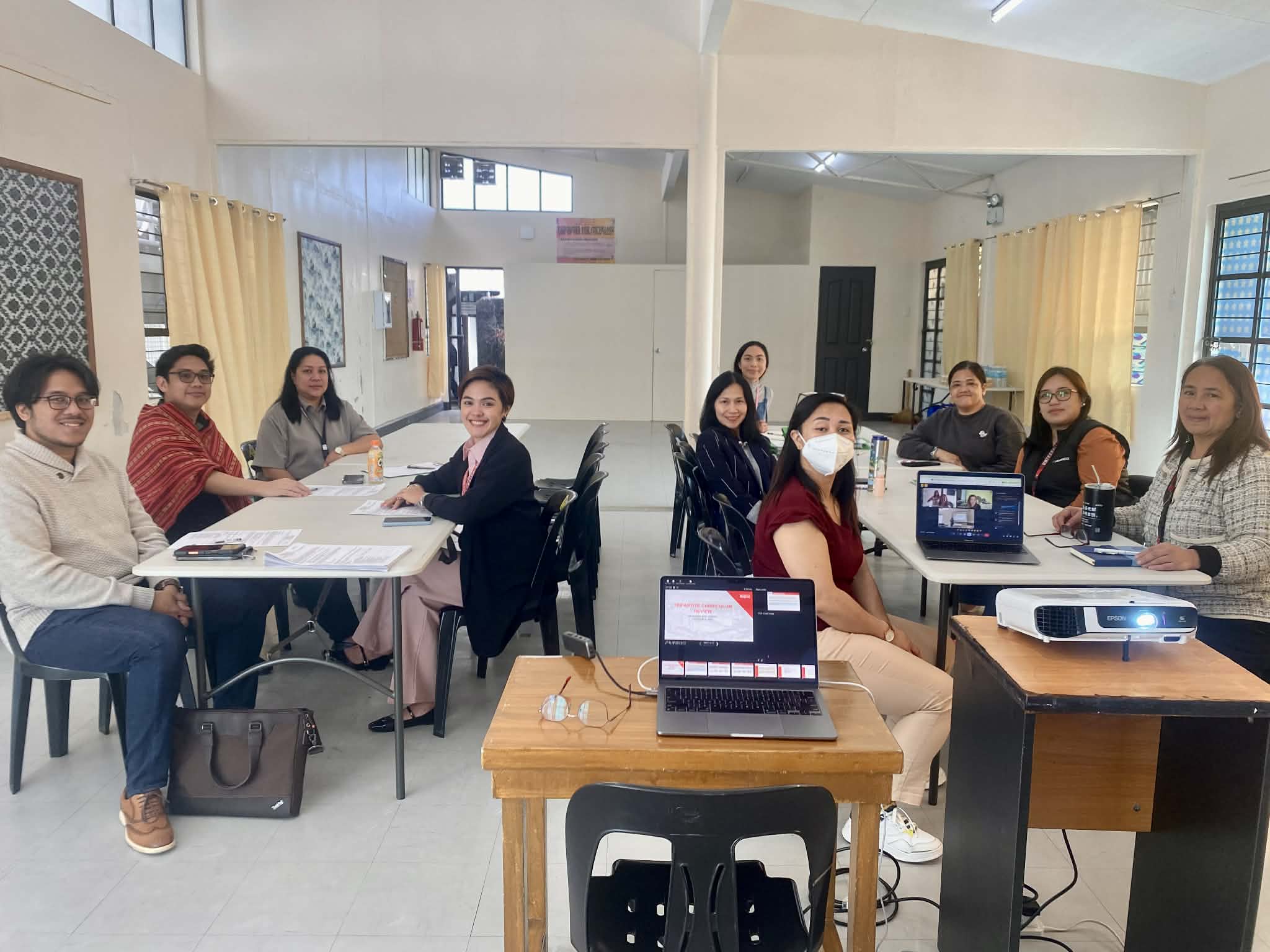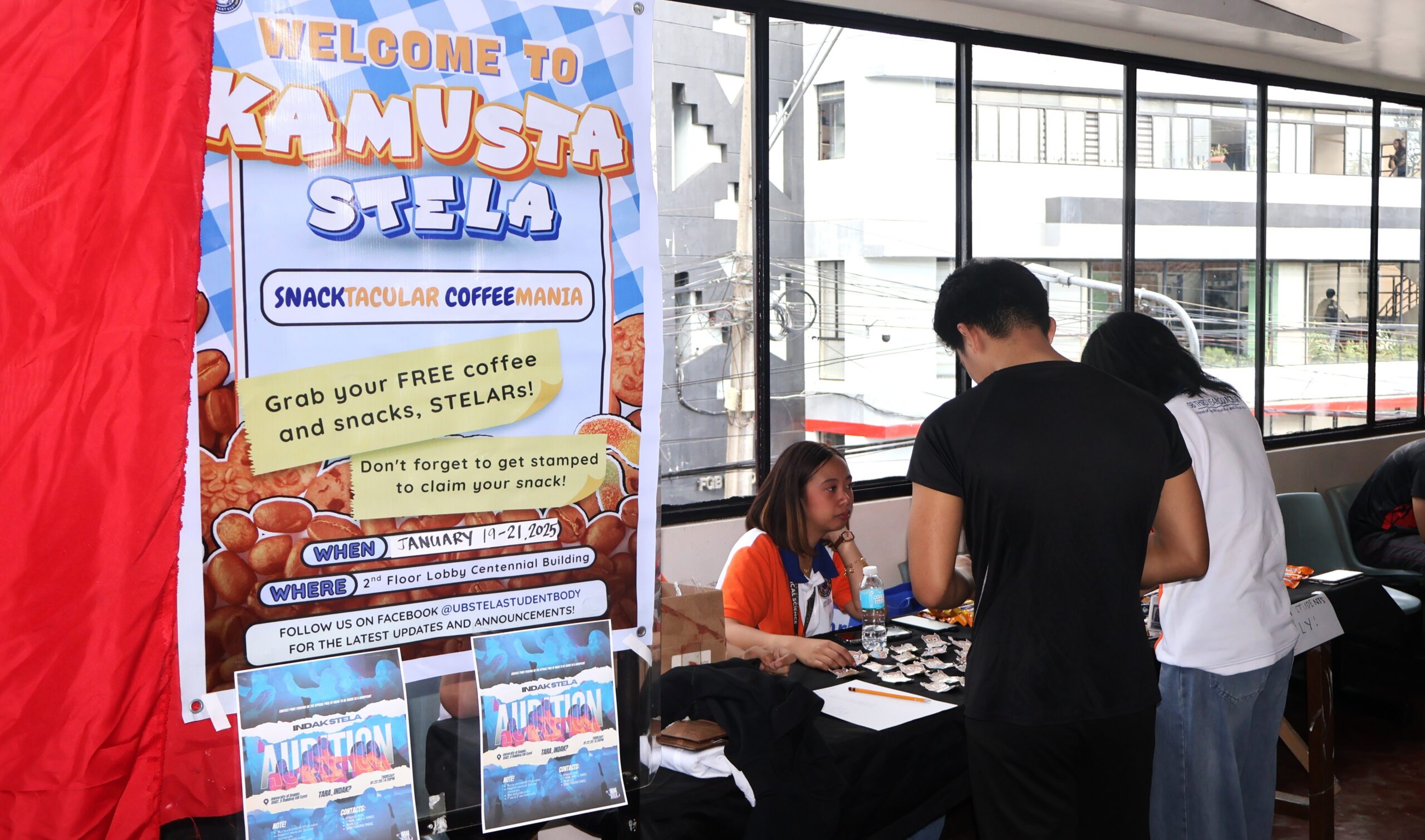On September 21, 2024, the School of Business Administration and Accountancy held its 2nd Regional Student Research Colloquium under Cluster 4. Organized by the Junior Association of Marketing Executives (JAME), this virtual event via Zoom provided a platform for 4th-year students to present their research findings to a distinguished panel of academic experts. It offered an opportunity for students to showcase their academic work while receiving valuable feedback and insights from professionals, aligning with the goals of Sustainable Development Goal (SDG) 4: Quality Education—promoting inclusive and equitable quality education and lifelong learning opportunities for all.

Purpose and Significance of the Research Colloquium
The Research Colloquium plays a vital role in promoting a culture of research, critical thinking, and academic excellence. By presenting the results of their months-long studies, students are encouraged to tackle contemporary issues within their fields, such as marketing, finance, and accountancy. This initiative also emphasizes the importance of research in professional development, urging students to explore innovative solutions to real-world challenges.
The event aligned with SDG 4 by enhancing the research skills of students, promoting critical inquiry, and helping them apply academic knowledge to solve current issues. The colloquium was both an educational experience and a competitive event, with participants vying for recognition based on the quality of their research and presentation skills.
Panelists and Faculty Involvement
The colloquium brought together a distinguished panel of experts from various departments, including the School of Teacher Education and Liberal Arts (STELA), the Linkages Office, and the Research Innovation Extension and Community Outreach (RIECO). The panel provided students with constructive critiques, broadening their perspectives on research across different fields. This interdisciplinary collaboration highlighted the importance of integrating diverse academic viewpoints, further enriching the students’ learning experience.

Key Research Presentations and Winners
Several research projects stood out during the event, with three groups earning top honors for their impactful studies:
Champion: Irish Joy Santiago

Irish Joy Santiago, a 4th-year Marketing Management student, led her team to victory with their study titled “Influence of Advertising Styles on the Impulse Purchasing Decisions of Accountancy and Business Students.” This research explored how advertising techniques affect students’ impulse buying behaviors, providing important insights into consumer psychology, particularly within the student demographic.
Irish expressed how winning the competition shaped her aspirations:
“Winning the colloquium was not something we initially aimed for. However, the experience inspired us to pursue careers where we can contribute to impactful projects. The recognition also boosted our confidence, motivating us to seek out future opportunities like this.”
1st Runner Up: Crisilda Asmin

Crisilda Asmin, a 4th-year Financial Management student, and her group secured first runner up with their study on “The Influence of Financial Practices on Financial Wellness among University of Baguio’s Business and Accountancy Students.” This research examined how students’ financial habits affect their financial well-being, emphasizing the importance of financial literacy among young adults—a key topic in empowering students to make informed financial decisions.
Crisilda shared her motivation:
“We noticed a growing concern about financial literacy among our peers, which inspired us to explore the relationship between financial practices and financial wellness. Our study aimed to raise awareness about sound financial habits.”
2nd Runner Up: Carlos Tuzon

Carlos Tuzon, also a 4th-year Financial Management student, and his team took second runner up with their research on “Evaluating the Effectiveness of Different Budgeting Methods among Business Administration and Accountancy Students at the University of Baguio.” Their findings offered practical recommendations to improve financial literacy by analyzing the effectiveness of various budgeting methods used by students.
Carlos reflected on the challenges his group faced:
“The biggest challenge was finding related literature, as our topic was relatively new. We had to push through and make the most of the limited resources available.”
Behind the Scenes: Organizing the Colloquium
Organizing a virtual event like this year’s Research Colloquium required meticulous preparation and coordination. Jeshuah Leigh Juan, President of the Junior Association of Marketing Executives, shared some of the challenges they faced:
“One of the biggest challenges we encountered was finding available reactors for the event. We decided to have seven reactors this year, and we were fortunate that seven faculty members from STELA accepted our invitation.”
Despite these challenges, the event was a success, thanks to the dedication of the organizing committee and the support from faculty members.

Guiding the Research Process
Mentoring students through the research process is crucial to their academic development and aligns with SDG 4’s focus on quality education. Ma’am Christian Michelle Cacho, a research teacher and school research anchor, shared her perspective on guiding students:
“Guiding students in research is no easy task, but it’s essential to help them identify the problems they want to solve. The research topic serves as the foundation, and my role is to help them find solutions amidst uncertainty and doubt. It’s about guiding students to see how they can contribute to solving real-world challenges.”

A Valuable Learning Experience
The University of Baguio’s School of Business Administration and Accountancy 2024 Research Colloquium was a resounding success, providing students with an invaluable opportunity to engage in meaningful research while gaining feedback from expert panelists. The event reflected the institution’s commitment to promoting research excellence, critical thinking, and professional preparedness. By nurturing students’ research skills and broadening their understanding of the issues they explored, the colloquium also contributed to advancing the goals of SDG 4: Quality Education, fostering an environment that equips students with the knowledge and skills they need to thrive in their respective fields.
As the university continues to promote academic inquiry, events like the Research Colloquium play a crucial role in shaping the next generation of business professionals and scholars.
Written by Hazel Nicole Aguirre and Angelika Ferrer





